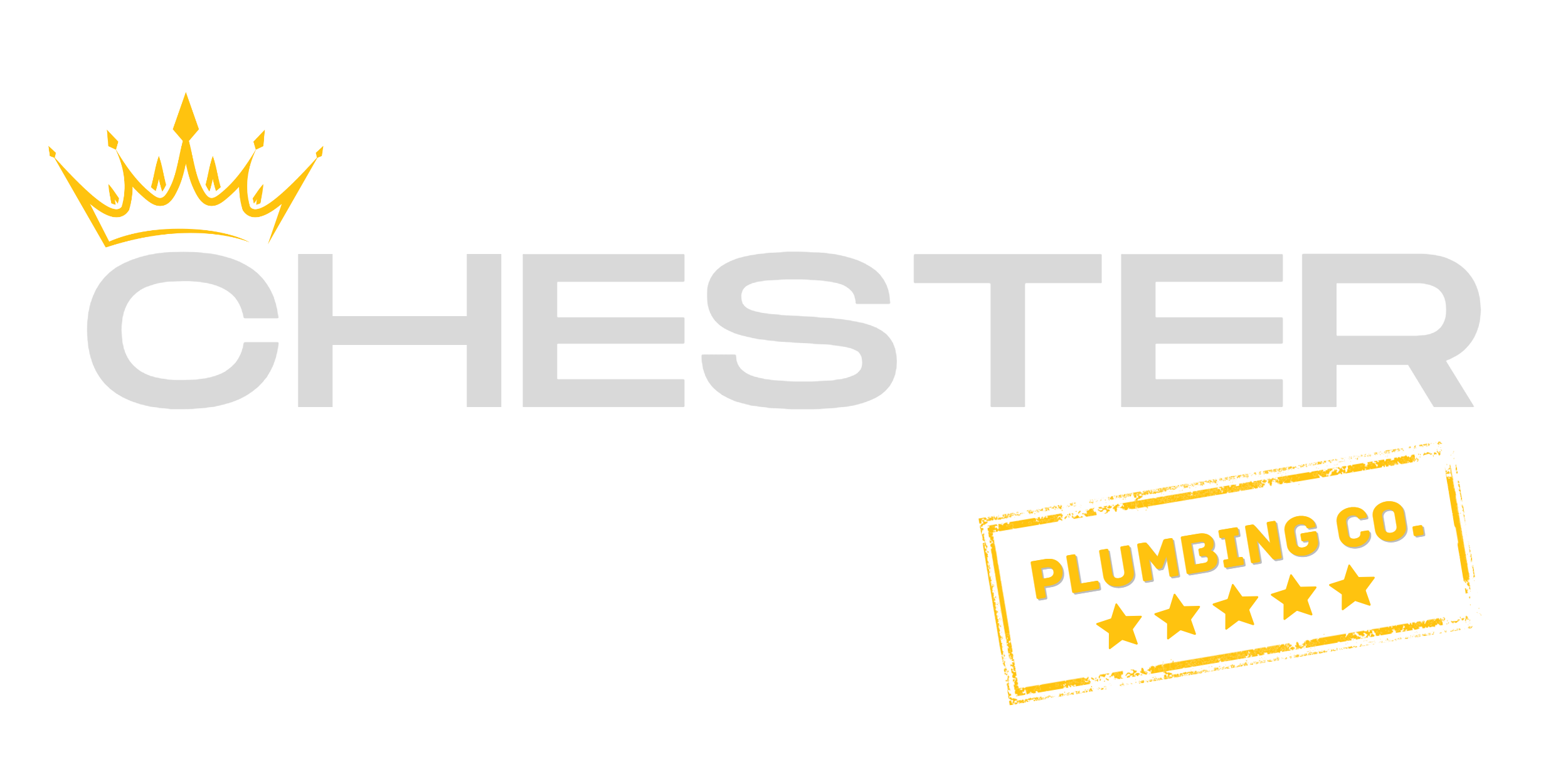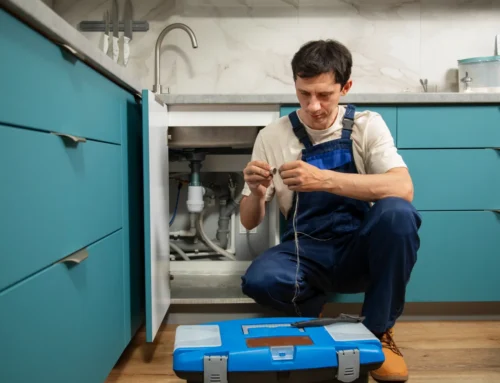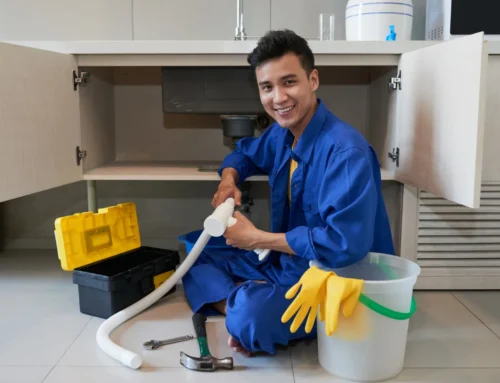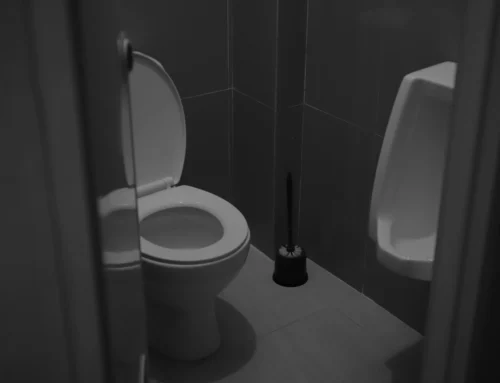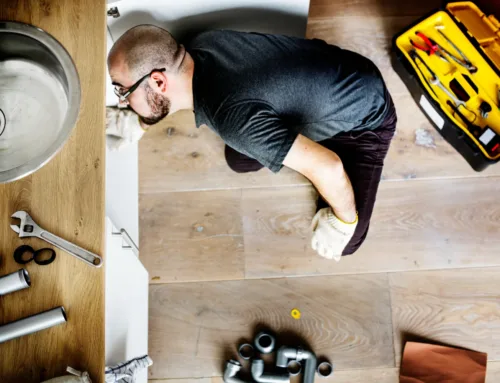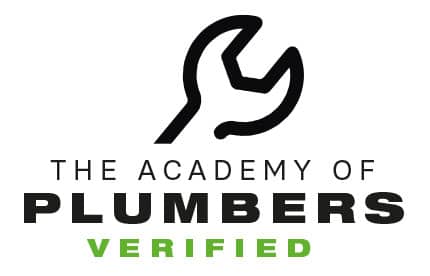Bathroom drains are often out of sight and out of mind—until they suddenly stop working. In places like Holland Park, where older homes mix with modern plumbing systems, unblocking bathroom drains becomes a regular household concern. Hair, soap residue, and even hard water minerals can create stubborn blockages that slow drainage and cause unpleasant odours.
In this post, we’ll explore the most common causes of bathroom drain blockages, why they occur, and how homeowners in Holland Park can prevent them from coming back.
1. Hair Buildup in Drains
Hair is one of the most frequent culprits behind the need for unblocking bathroom drains. As it flows down the drain, it combines with soap and other residues, forming dense clumps that restrict water flow.
Over time, these tangles can create a physical barrier that traps even more debris. Regularly cleaning the drain cover and using a mesh strainer can go a long way toward preventing this issue.
Tip: Once a week, remove visible hair from the drain and rinse it with hot water to help dissolve any residue before it hardens.
2. Soap Scum and Residue Accumulation
Soap scum develops when soap reacts with hard water minerals, leaving behind a filmy buildup on pipes and fittings. This sticky residue can cling to the inner walls of your drain and catch debris, creating blockages that worsen over time.
To reduce soap scum, consider using liquid soap instead of bar soap—it contains fewer fats that contribute to residue formation. Additionally, running hot water after each use helps wash away minor deposits before they solidify.
3. Mineral Deposits from Hard Water
Holland Park’s water supply can sometimes contain minerals like calcium and magnesium, which accumulate inside pipes and narrow the drainage pathway. This condition, known as limescale buildup, can make unblocking bathroom drains more difficult because it hardens over time.
Installing a water softener or descaling system can prevent these minerals from sticking to your pipes. For existing buildup, natural cleaning agents like vinegar and baking soda can help break down light deposits.
4. Accumulated Dirt and Skin Flakes
Every shower washes away dirt, oils, and dead skin cells that end up in the drain. Over time, these organic materials stick to the sides of the pipe and attract bacteria, causing not just clogs but also unpleasant smells.
Flushing your drain once a week with boiling water and baking soda can help remove early-stage buildup before it leads to a full blockage.
5. Small Objects Accidentally Washed Down
It’s surprisingly common for small items like hairpins, razor covers, or jewellery to slip down the bathroom drain. These foreign objects become lodged inside the pipe, catching other materials and forming a dense clog that requires professional attention.
If you suspect something has fallen in, avoid pushing it further by running water or using chemical drain cleaners. Instead, try retrieving it with a bent wire or contact a plumber for a safe extraction.
6. Excessive Use of Greasy or Oily Products
While most people associate grease with kitchen drains, bathroom products like lotions, conditioners, and body oils can also cause problems. These substances cling to the pipe walls and trap debris, creating stubborn clogs that demand unblocking bathroom drains sooner or later.
Switching to water-based products and flushing drains regularly with hot water can help prevent oily buildup.
7. Poor Drainage Design or Installation Issues
Sometimes the cause of recurring bathroom drain problems isn’t what goes down them—but how they’re built. Poor installation or improper pipe slopes can slow down water flow, allowing residues to settle and accumulate.
If you notice frequent blockages despite regular cleaning, it may be worth having a professional inspect your drainage layout. A slight adjustment can make a big difference in preventing future clogs.
8. Tree Roots Infiltrating Underground Pipes
In some older Holland Park properties, tree roots can extend toward underground drain lines in search of moisture. Once they find even a small crack in a pipe, they grow inside and obstruct flow.
This type of issue is not visible from inside the house and often requires a professional plumber to diagnose using a drain camera. Early signs include slow drainage across multiple fixtures or gurgling sounds from the drains.
9. Ignoring Early Warning Signs
One of the biggest reasons homeowners end up needing urgent unblocking bathroom drains is ignoring early warning signs. Gurgling noises, foul odours, and slow drainage usually indicate a partial blockage.
Acting quickly—using natural cleaners or scheduling a professional inspection—can prevent more serious problems and expensive repairs down the road.
10. Lack of Routine Drain Maintenance
Even the most well-designed drainage systems require occasional attention. Without routine cleaning, small buildups turn into full blockages. A simple monthly cleaning routine using baking soda, vinegar, and hot water can help maintain healthy drain flow.
For households with multiple family members or frequent guests, scheduling a professional drain inspection once a year can prevent surprises.
Industry Insight: Drain Maintenance Standards in Australia
According to the Australian Building Codes Board, regular maintenance and proper design of domestic plumbing systems are essential to prevent blockages and ensure efficient wastewater disposal. This aligns with the need for periodic drain inspections in residential areas like Holland Park.
Preventive Measures for Holland Park Homeowners
Here are some simple habits that can significantly reduce your chances of needing frequent unblocking bathroom drains:
-
Use a drain cover or hair catcher in every bathroom drain.
-
Pour boiling water weekly to dissolve soap and grease residue.
-
Avoid rinsing foreign objects or oily products down the drain.
-
Clean your drain traps periodically to remove hidden debris.
-
Schedule an annual plumbing inspection, especially for older homes.
Understanding Holland Park’s Plumbing Environment
Holland Park’s combination of older heritage homes and newer developments creates a diverse range of plumbing systems. Older pipes may have narrower diameters or outdated materials prone to corrosion, which increases the likelihood of clogs.
In newer homes, high water pressure and complex plumbing layouts can sometimes contribute to drainage issues as well. Being aware of your home’s plumbing age and material type helps you apply the right maintenance strategy.
Smart Drain Habits for Holland Park Homes
Understanding the top causes behind unblocking bathroom drains in Holland Park allows homeowners to take preventive measures before a minor inconvenience turns into a costly problem. By maintaining your drainage system through simple habits and occasional professional check-ups, you can keep your bathroom running smoothly and avoid unnecessary stress.
FAQs About Unblocking Bathroom Drains in Holland Park
-
How often should I clean my bathroom drains?
Ideally, you should flush them with hot water weekly and perform a deep clean using natural solutions once a month.
-
Are chemical drain cleaners safe to use?
While they may provide quick results, frequent use can corrode pipes. Natural or professional cleaning is a safer long-term solution.
-
What’s the fastest DIY way to clear a slow drain?
Pour a mix of baking soda and vinegar, let it sit for 15 minutes, then flush with boiling water.



